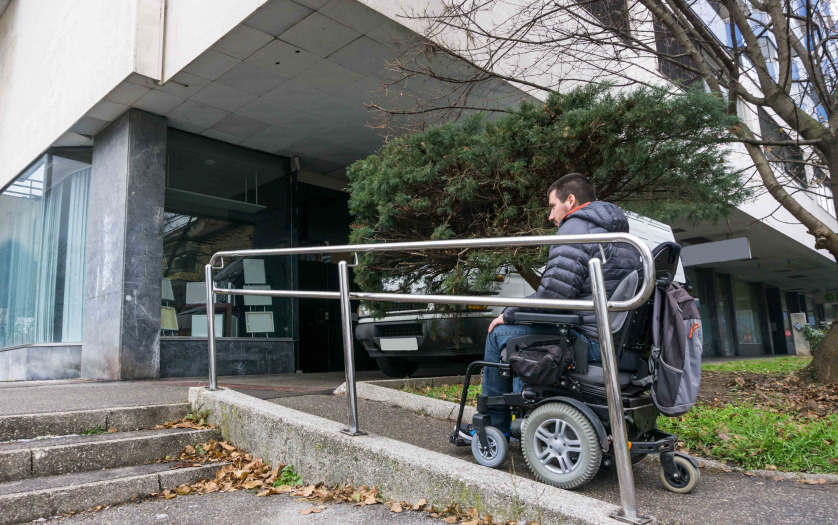
New homes will be more accessible for older people and persons with disabilities as the UK government on Friday confirms plans to raise the accessibility standard following full consultation of proposals.
The raising accessibility standards for new homes consultation proposed staying with the existing framework for accessible housing, reconsidering the way existing standards are used or raising the minimum standard. We are now committing to raising the minimum standard, giving people the dignity and security they deserve in their homes.
Raising the minimum accessibility standard will require all new homes to have step-free access to all entrance level rooms and facilities as well as further features to make homes more easily adaptable over time, supporting people to live independent lives.
Since 2010 we have given councils over £4.5 billion to deliver almost half a million home adaptations. Current planning rules already mean councils must consider the needs of older and disabled people when planning for new homes.
This change means older and disabled people can live more independently in their own homes, with greater choice and control over their lives, and be able to work, socialise and contribute to society as fully as possible. It will ‘future proof’ new homes for successive generations, saving costs associated with moving or adapting homes.
Minister for Rough Sleeping and Housing Eddie Hughes said: Older and disabled people must have homes which are suitable for their needs, and allow them to live comfortably and independently.
This consultation has made clear raising the accessibility standard of new homes is supported not just by people who use accessible homes, but by industry and wider stakeholders as well.
With that mandate, we are forging ahead with the next steps to make this a reality.
Holly Holder, Co-Chair of the Housing Made for Everyone (HoME) coalition, said: We warmly welcome the government’s decision to raise the minimum accessibility standard as a positive step towards resolving the significant shortage of accessible and adaptable new homes in this country.
Raising the standard of accessibility has the potential to change millions of lives but only if executed well and with very limited exceptions to the way the revised regulation is applied. Homes with higher accessibility standards benefit everyone, particularly disabled people and older people, and disadvantage no one.
Christina McGill, Co-Chair of the Housing Made for Everyone (HoME) coalition, said: The need for accessible homes is going to grow significantly over the next 20 years as our population ages. Improving mandatory access standards will remove many of the barriers currently limiting the number of accessible homes being built and help deliver the right quality of homes for everyone.
We look forward to further discussions with the government on the next phase of consultation. This must be carried out with urgency and address the finer details needed to deliver on the promise of housing that is suitable and accessible for people throughout their lives.








